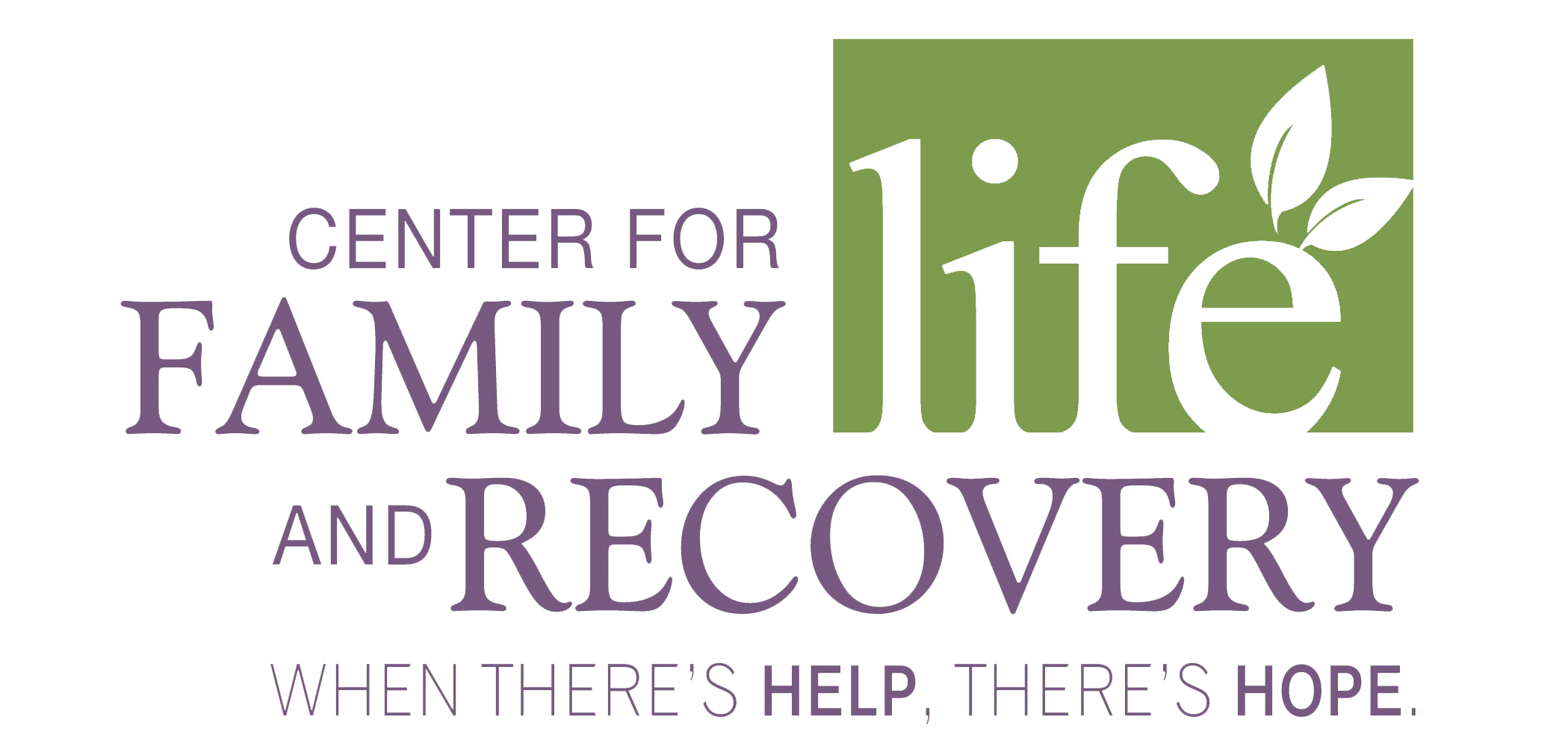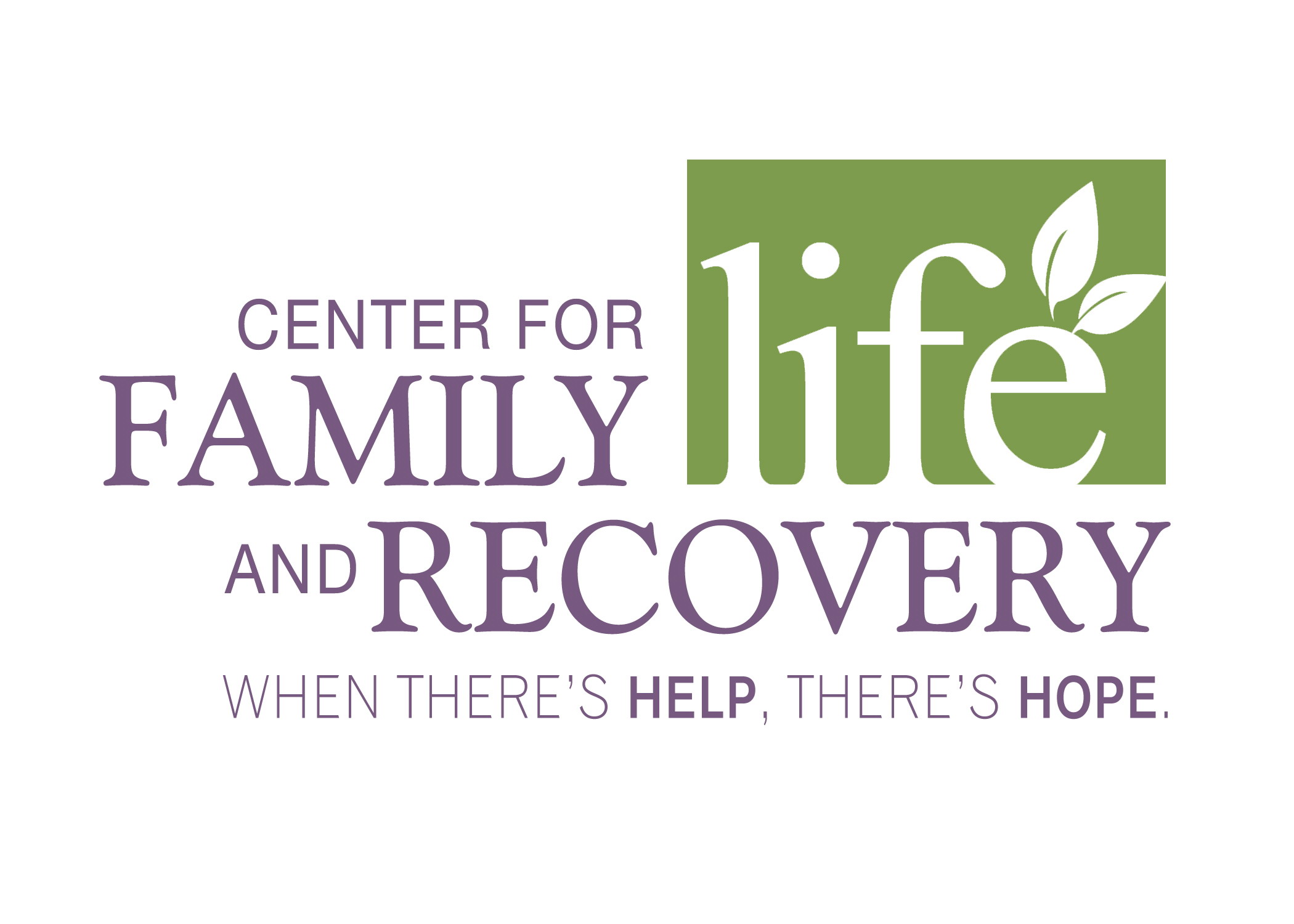Lack of a good night’s sleep can affect us at the most inconvenient times. Not getting enough shut eye can impact everything from work performance to eating habits. CFLR’s Employee Assistance Program has provided a few tips on how to improve your sleeping habits. For more information…

Sleep deprivation, which means you’re not getting enough sleep, is a common problem. Many people try to pack in as much as possible into each day, and sleep is often sacrificed. Whether your sleep deprivation is due to your demanding work schedule, the result of sleep disorder, your age (people 65 years and older often struggle with sleep), illness, level of stress or demanding social schedule sleep is often a low priority or problematic. Ongoing sleep deprivation can have devastating consequences, including but not limited to: problems with memory and logical reasoning, difficulties with psychological processes associated with the adrenal gland (i.e. it can make you very irritable, disrupt your metabolism and even impact how you experience physical pain), and it is closely associated with decreases in both efficiency and ability to concentrate.
Although 8 hours of sleep each night is still the general recommendation, this may not always be possible. Unfortunately, there is also no “catching up” on sleep when you are in serious sleep debt. So now what? Consider quality if you’re not getting quantity! Follow these tips and realize that it takes time to make better habits.
- Modify alcohol consumption. Although alcohol can help you to fall asleep, it disrupts the sleep cycle.
- Decrease smoking. Large levels of nicotine in the blood result in increased agitation and decreased restful sleep.
- Exercise regularly. Regular exercise produces a higher percentage of deep sleep as well as fewer awakenings during the night.
- Take a look at your diet. Make sure that you are consuming adequate amounts of B-complex vitamins, as several of the B vitamins can enhance restful sleep as well as reduce fatigue.
- Reduce caffeine intake. In particular, don’t consume caffeine within 4 hours of bedtime.
- Set realistic daily goals.
- Establish a regular sleep schedule.
- Practice diaphragmatic (deep) breathing (especially before bed).

